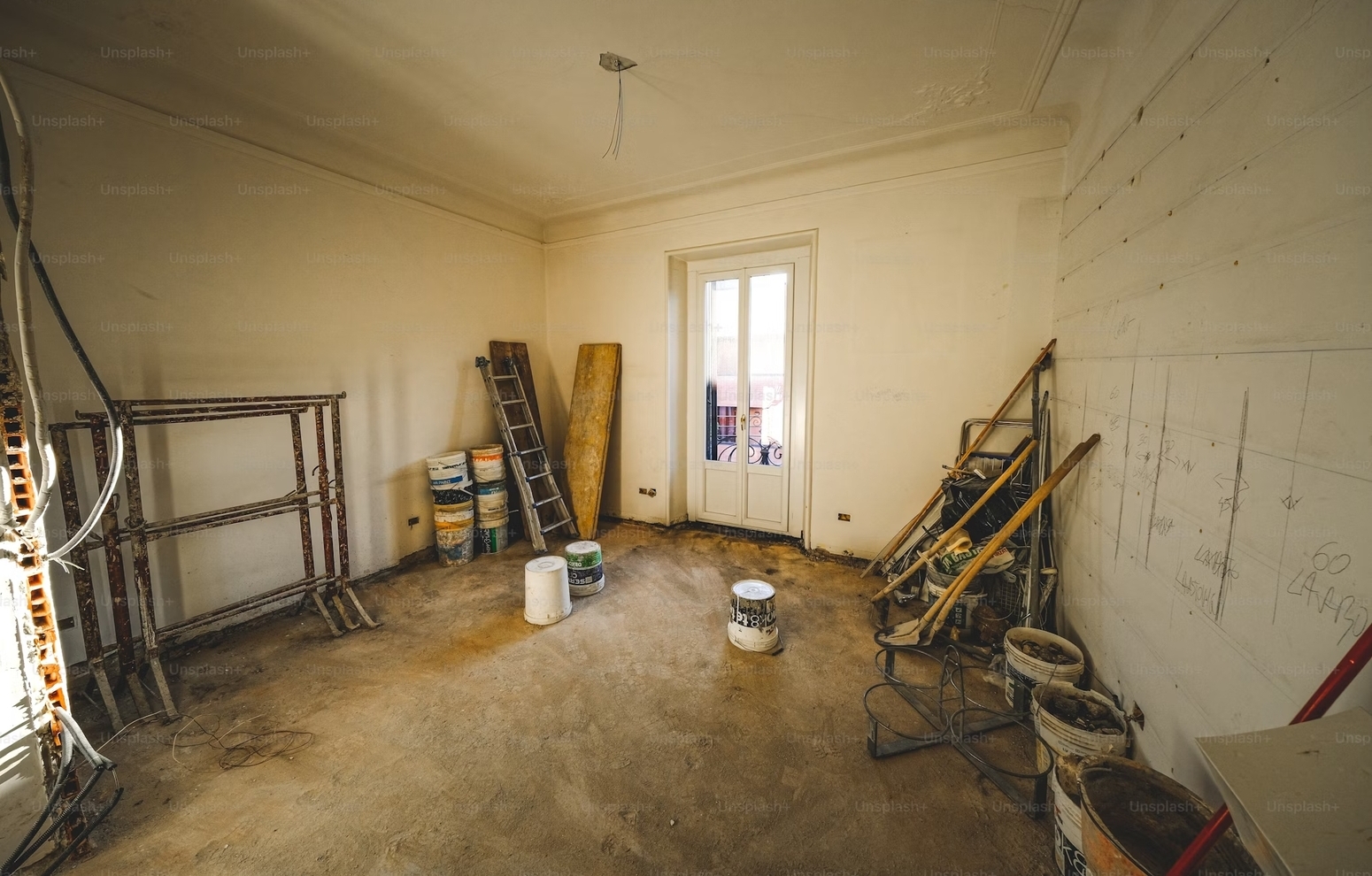Due to the last decade financial recession (2007-2016) and the latest Reform approved by the Government (2015 and ss.), property investors discovered how interesting and convenient could be this alternative way to buy real estate in Italy.
There are two types of property auction in Italy: Vendita con incanto and Vendita senza incanto. In both types of auctions a reservation / minimum sale price will have been set prior to the auction.
A vendita con incanto auction happens publicly and openly. The property is sold to the highest bidder on the condition that the bid is at or higher than the reserve price. Prior to a vendita senza incanto auction, notice will be given for participants’ bids to be submitted by a certain date – in sealed envelopes. Sealed bids cannot be under the reserve price in order to assign a property. Even if there is only one sealed bid, it may be sufficient to acquire the asset.
Vendita senza incanto is certainly the most spread and convincing option to be chosen when it comes to buy property through the Court.
Generally, in Italy property is sold at auction for two reasons:
A) Asta giudiziaria (Credit execution) – it is an auction ordered by the courts. The property will have been seized or sequestered by the Italian State perhaps because the owner has been involved in a criminal prosecution or because the State has decided to raise funds to pay off the owner’s outstanding taxes, debts and or mortgage payments, or it could even be that the courts have ordered the auction to resolve an inheritance dispute.
B) Asta fallimentare (Bunkruptcy Auction)– it happens because the owner has been declared bankrupt and the property is being sold to pay off creditors.
Anyone can participate the auction of a seized property, except the owner.
If you are considering buying an Italian property at auction, you need to take even greater care than you would when buying property through conventional channels.
The most important peculiarity of this kind of sale is the total absence of the eviction: due to the fact the seller is the Court, the sale will not be provided with the ordinary Rogito guarantee; in other words if the property documentation does not match with the legalities, the buyer (new owner) – if possible – will have the possibility to legalize at his own expenses the abuse within 120 days from the transfer.
Participation in an Italian property auction involves registering to participate, which means amongst other things that you must have an Italian tax code, codice fiscale, and you need to obtain a receipt proving that you have paid a 10% deposit on the estimated value, or starting bid price of the property that interests you. You can also elect a third party (your Lawyer) to bid for the property on your behalf. This requires giving your nominated party a Limited Power of Attorney.
How does a property auction work?
Before participating in a real estate auction you must know:
The starting auction price.
The amount of the security deposit to be paid for registration and to be able to participate in the auction. This sum will be returned to you if you do not win the auction.
The date of the auction. When it is deserted, the judge fixes another one.
The conditions of the property, the conditions and if it is vacant and occupied (if occupied, immediate occupation may not be simple and automatic, in the event of the building being awarded).
The place of the auction.
Since the Covid crisis, many auctions have been held remotely, electronically; Current legislation authorizes three types of telematic auctions:
telematic synchronous sale: the bids are raised only electronically within the same period of time and with the simultaneous connection of all the bidders and the Auction manager
asynchronous sale: here too the offers and bids are made only electronically, but there is a predefined period of time and there is no simultaneous connection with the Judge or the referent of the procedure.
mixed synchronous sale: here offers and raises can be made with the same period of time; however the way they can be made changes, this method contemplates the physical presence of the bidder at the auction, on the fixed day and place, or alternatively the option of telematic participation always with the simultaneous presence of the Auction manager.
The Title of ownership will be the Decree of Transfer, issued by the competent Court and filed/registered in the Revenue Agency and Land Registry.
Ordinary real estate tax criteria apply to this kind of transaction.
In conclusion then, I would always recommend to seek independent professional advice before you decide participating in an Italian property auction. There are many potential pitfalls and legal ramifications to consider. It can be done safely, but is definitely not an ordinary or standard procedure.
Recent News & Events
The Italian Government has adopted the Decree n. 113/2024 (entered into force on August 10th, 2024), increasing the HNWIs’ annual flat tax from Eur 100.000 to Eur 200.000. The Decree includes a grandfathering clause under which the above increase will be applicable only to those that move their habitual [...]
Fines of up to 5 thousand euros for private individuals with illegal workers News regarding the adequacy of manpower for construction work. After the restrictions introduced in 2021 and the further provisions of the PNRR Law, the “Cohesion Decree” (Decreto Coesione) has now provided for a crackdown regarding the [...]
Digital nomadism reinvents the concept of work and life on the move After years of waiting, Italy has finally approved a DN VISA. DN: Definition and Legalities Digital nomadism in Italy is regulated by the Decree n. 25 – February 28th, 2024 -also known as Decreto Sostegni-ter. The Decree [...]
2024 TAX LAW FOR IMPATRIATES: NEW RULES Still a great opportunity for those who want to buy home in Italy in 2024 The Decree no. 209/2023 recently adopted by the Italian Parliament has introducedsignificant updates to the “impatriated tax regime”, which deeply modifies the criteria for accessing tax breaks [...]




